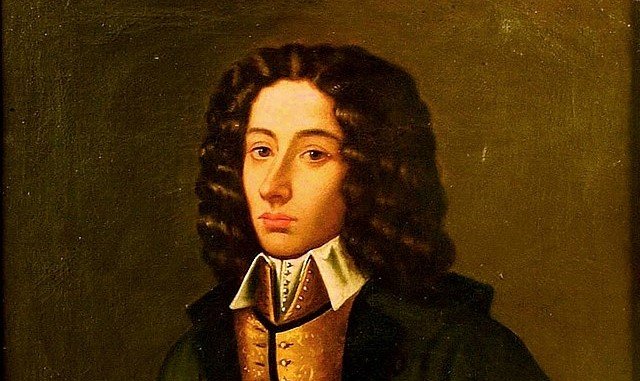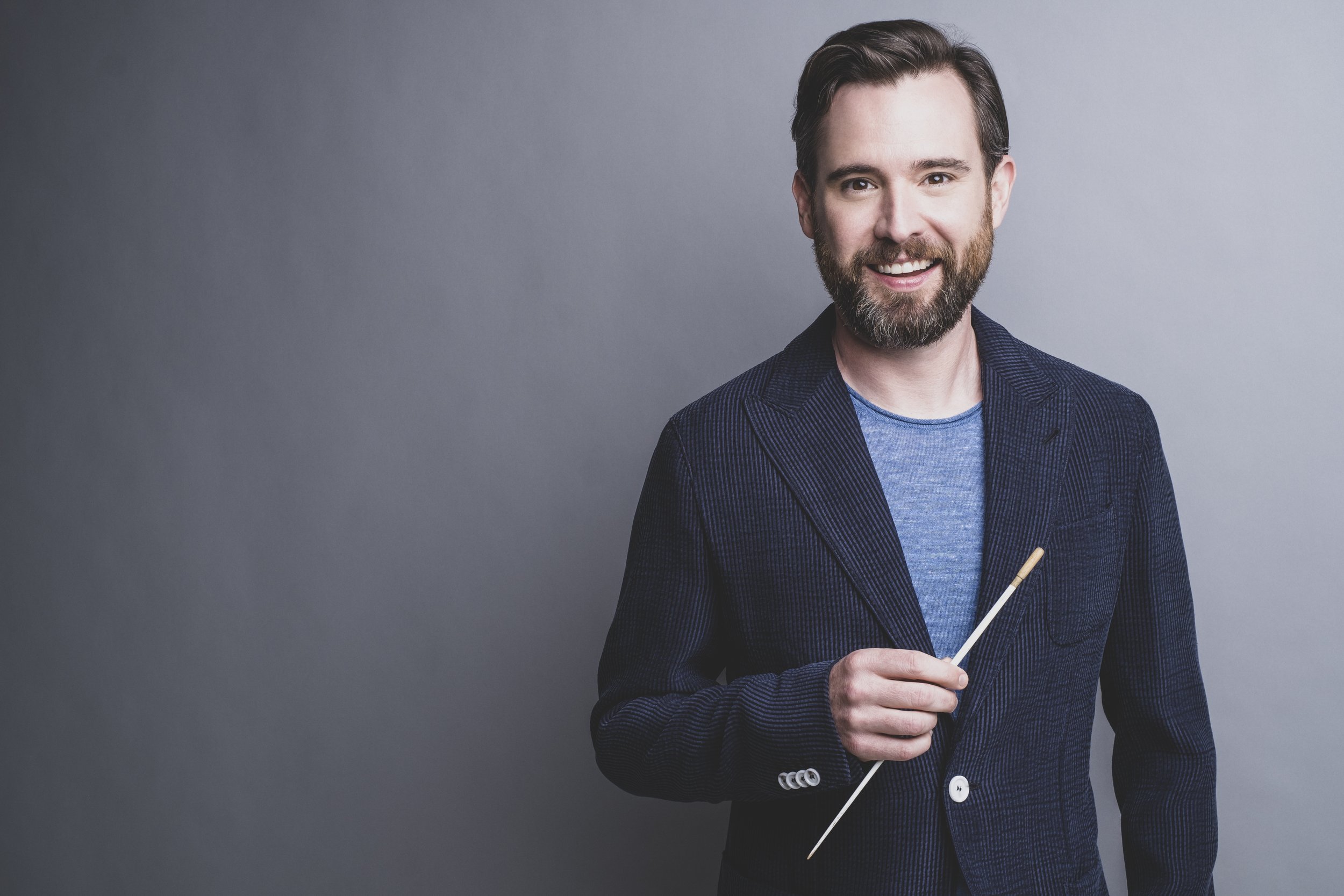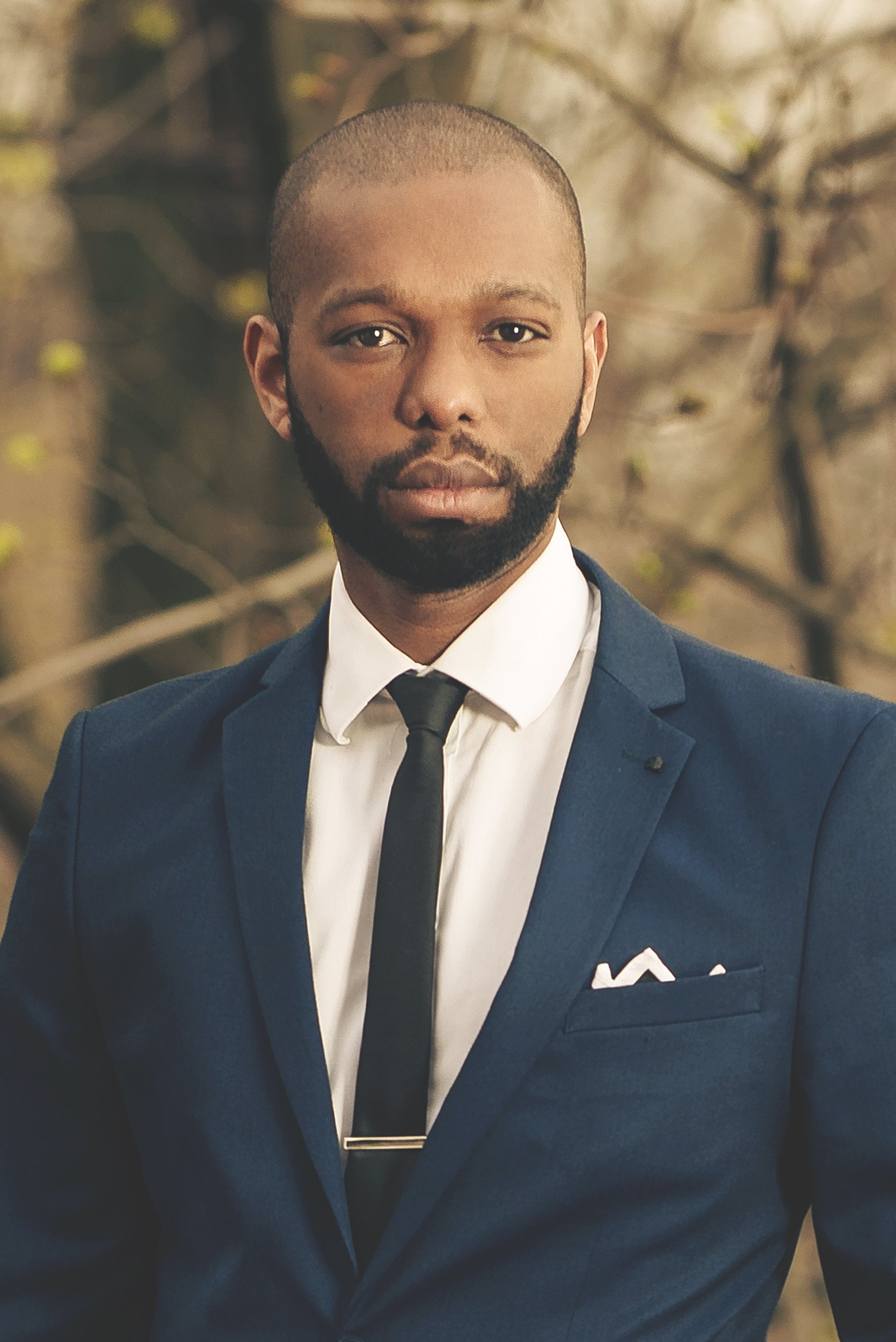PERGOLESI salon series:
A TWO PART VIRTUAL EXPERIENCE
In preparation for our performance of Pergolesi!, Opera Lafayette and Artistic Associate Julia Doe hosted a Salon Series for two weeks in January. Part II was recorded so you can delve further into the history, life, and musical influences of Madame de Pompadour, who is the inspiration for our 2023 musical season (get tickets).
julia doe
Professor Julia Doe, PhD (pictured) is Assistant Professor of Music at Columbia University, and author of The Comedians of the King: Opéra Comique and the Bourbon Monarchy on the Eve of Revolution. She is a beloved host and collaborator for Opera Lafayette salons, previously leading one on Opéra Comique (2021season) and Marie Antoinette (2022 season).
part I:
MADAME DE POMPADOUR AND THE FRENCH OPERA WARS
with ARTISTIC ASSOCIATE JULIA DOE
Pergolesi’s comic intermezzo, La serva padrona, was one of the most popular operas of the eighteenth century. Premiered in Naples in 1733, the work was met with audience acclaim—and tremendous critical controversy—after performances in Paris, Versailles, and Fontainebleau in the early 1750s. The imported Italian style incited a dispute known as the querelle des bouffons (or “war of the comic actors”), pitting partisans of modern, ultramontane comedy against defenders of the traditional and eminently “French” genre of courtly tragedy. This talk offers an introduction to the French opera wars of the 1750s—and Madame de Pompadour’s role within them—exploring both developments in musical aesthetics and the political ramifications of these shifts.
PART II:
PRODUCING PERGOLESI!
with GUEST CONDUCTOR PATRICK DUPRÉ QUIGLEY
and GUEST ARTIST JONATHAN WOODY
Patrick Dupré Quigley
Jonathan Woody
Opera Lafayette is presenting not the well-known, original version of La serva padrona but a relative rarity: a translation of this comedy, La servante maîtresse, which enjoyed tremendous success in theaters across eighteenth-century France. In this session, performers and members of the production team discuss their approaches to Pergolesi’s music, and their experiences bringing this Enlightenment-era adaptation to the modern stage.





